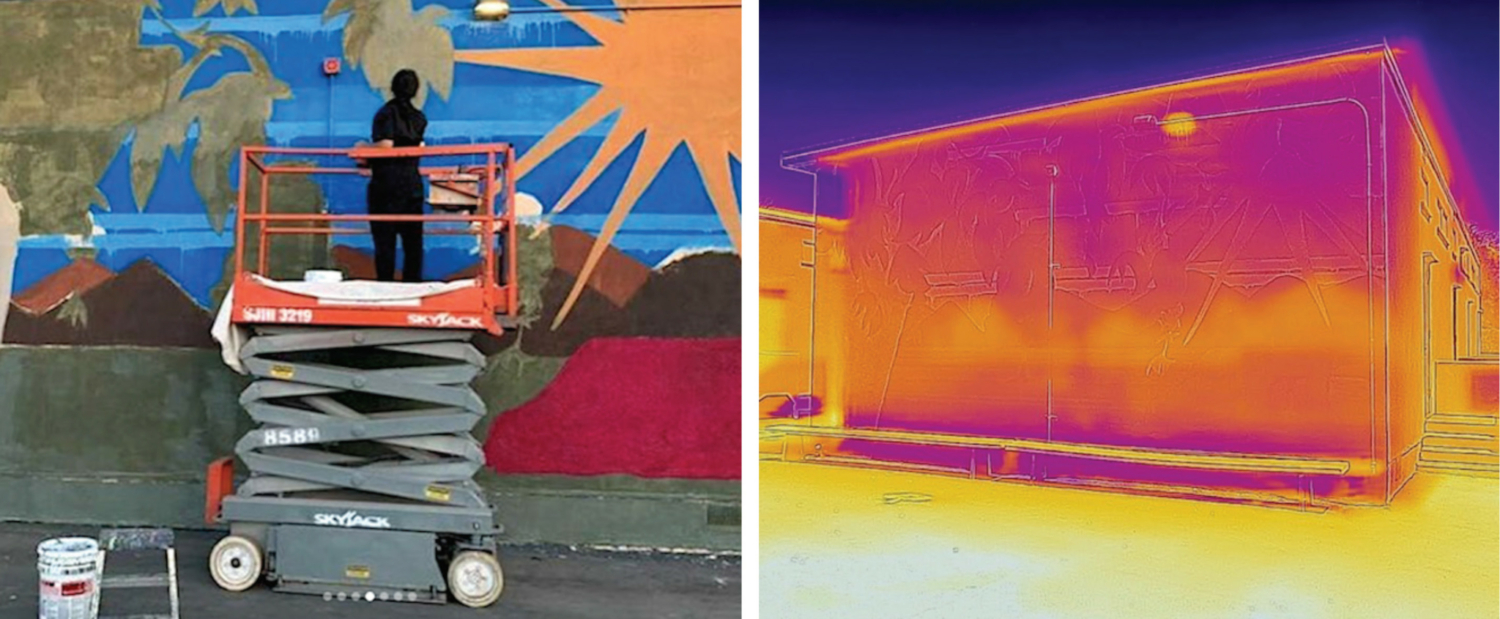Implementing the directive will not be simple, but a new report by scholars from the UCLA Luskin Center for Innovation, advised by environmental justice leaders, provides a framework that federal officials could use to maximize Justice40’s impact.
“One initiative alone can’t erase systemic racial and environmental injustices, but setting a strong, equity-centered framework for Justice40 is a first step in the right direction,” said Colleen Callahan, deputy director of the Luskin Center and a co-author of the report.
The report analyzes state-level programs seeking to address environmental justice through investments in clean energy and climate change action — already underway in some cases, and in planning stages in others — and identifies shortcomings, ongoing challenges and successes that could help inform the implementation of Biden’s plan.
The authors set forth three primary areas of emphasis for the initiative:
- Resources. Focus investments on the people who need it most. Provide funding to under-resourced communities for physical infrastructure projects, like clean water systems, as well as technical support to help local officials and community organizations apply for and manage funds they might receive through Justice40. The authors also recommend that the initiative’s 40% funding goal should be considered the minimum percentage of investments in disadvantaged communities, and that the figure should represent direct investments — rather than counting trickle-down benefits — for those communities.
- Empowerment. The initiative should pursue a ground-up approach by enabling those who live in under-resourced communities to help set policy and determine what local investments are made.
- Accountability. The initiative must include guardrails to ensure that all government agencies and contractors involved further the goals of environmental, racial, economic and health justice. The scholars write that Justice40 could be a catalyst for the federal government to help institutionalize equity including by pushing back on entrenched practices and rules that uphold inequities in government.
The authors list five types of disparities that Justice40 should seek to address: pollution burdens, climate risk, communities’ limited ability to apply for and manage federal funding, effects on labor and jobs, and environmental policy costs. They also identify numerous states that have plans or have already begun taking action to address those concerns, which disproportionately affect communities of color and low-income households:
- New York is planning to address those communities’ elevated exposure to pollution and its related effects on their health.
- Virginia is planning to address the uneven effects of storms, rising sea levels and other effects of climate change.
- California is investing in helping local officials and community groups apply for funding for under-resourced communities.
- Illinois and Maryland are planning to help provide job training for workers transitioning into clean energy jobs and financial support for those whose careers are being affected by the loss of jobs in the fossil fuel industry.
- The state of Washington is allocating funds to increase access to clean technology and lowering utility costs for low-income households.
The report explains that initiatives like those demonstrate that residents, workers and businesses can benefit from clean energy and climate investments across a range of sectors — including agriculture, health, housing, energy, transportation and water infrastructure.
“A theme across the states we studied is a history of grassroots strategy and organizing by communities of color,” said Silvia González, a co-author of the report and the director of research at the UCLA Latino Policy and Politics Initiative. “In states such as California, New York and Illinois, those communities have helped shape investment plans and programs to be more equitable.”
The researchers specifically examine California Climate Investments, a statewide initiative that has directed billions of dollars to disadvantaged communities.
The research was funded in part by the Heising-Simons Foundation, the Climate and Clean Energy Equity Fund and the Hewlett Foundation. The report’s other authors are Daniel Coffee, a UCLA associate project manager, and J.R. DeShazo, the former director of the Luskin Center for Innovation and current dean of the LBJ School of Public Affairs at the University of Texas. The study’s advisers included leaders of GreenLatinos, the Asian Pacific Environmental Network, Kentuckians For The Commonwealth and other nonprofits.

